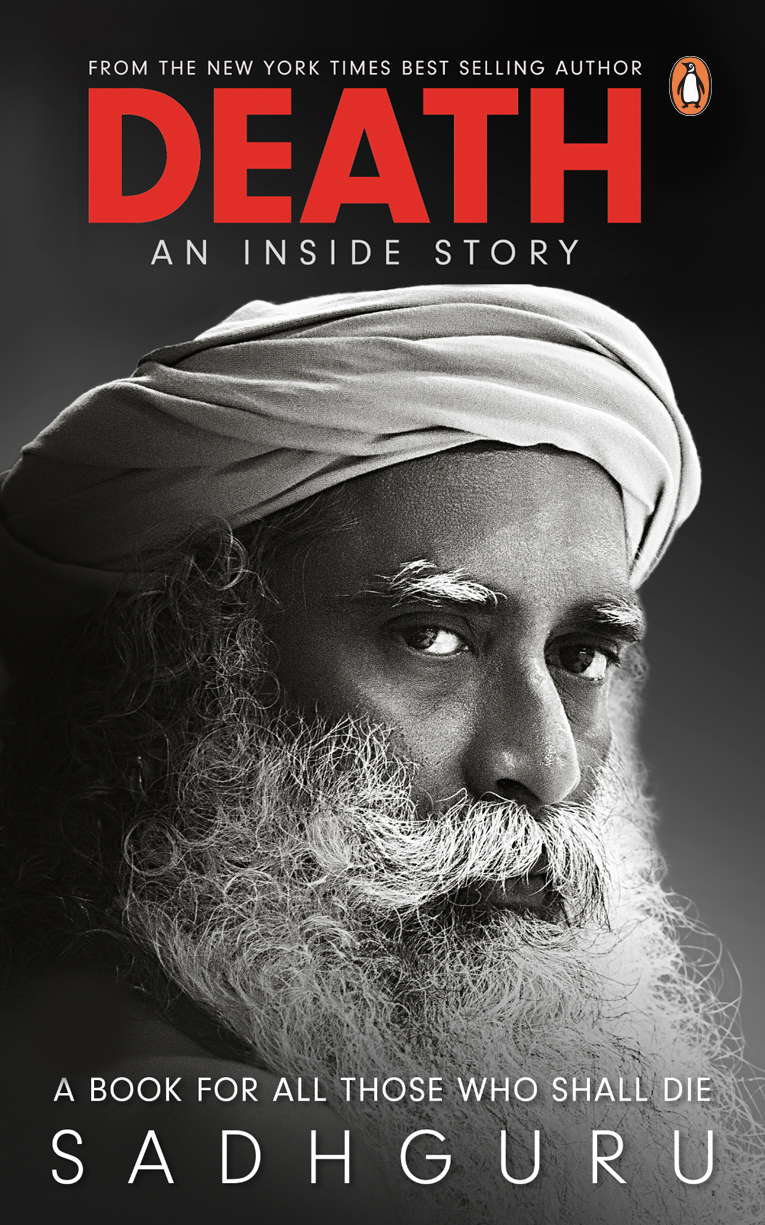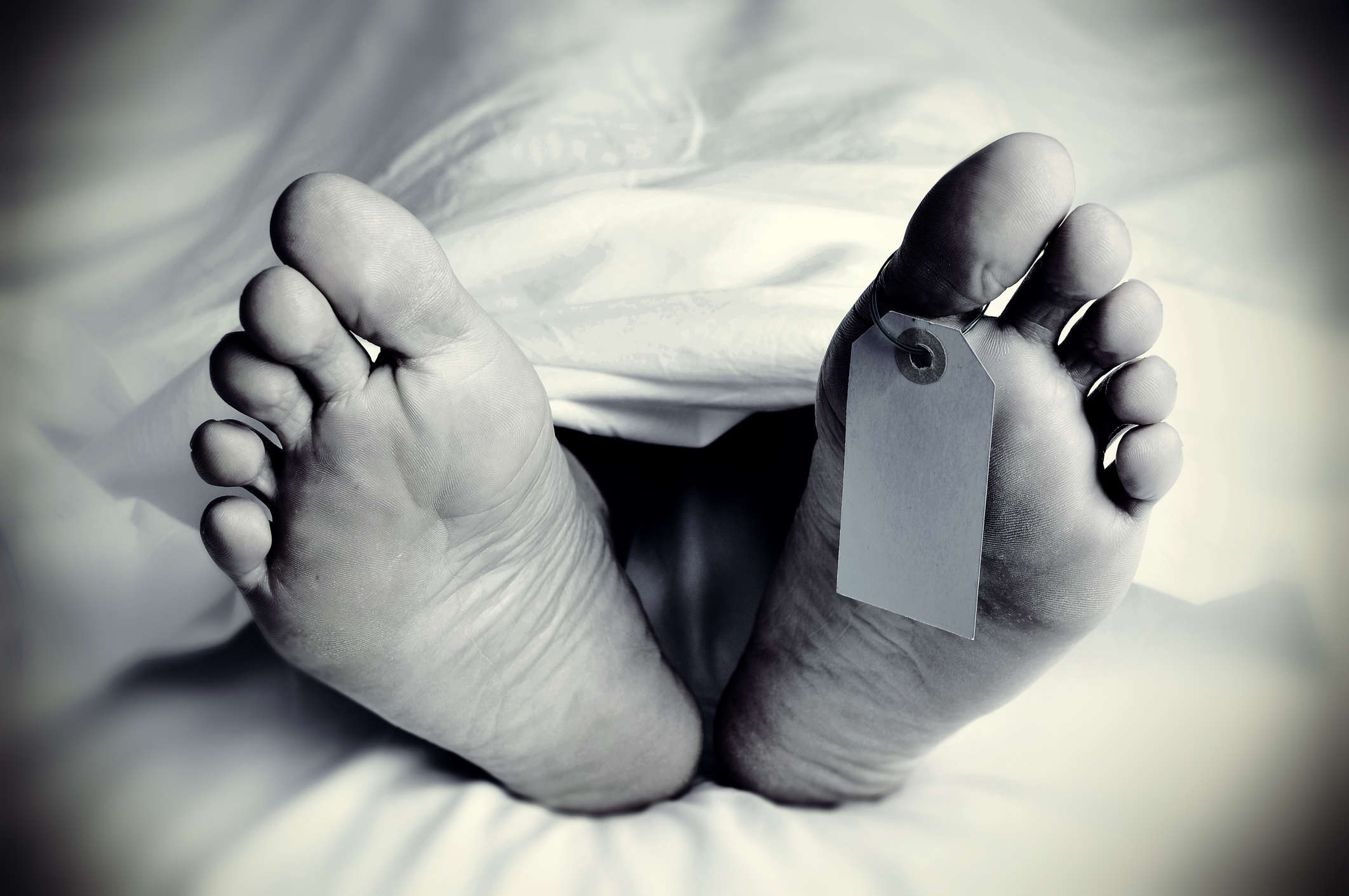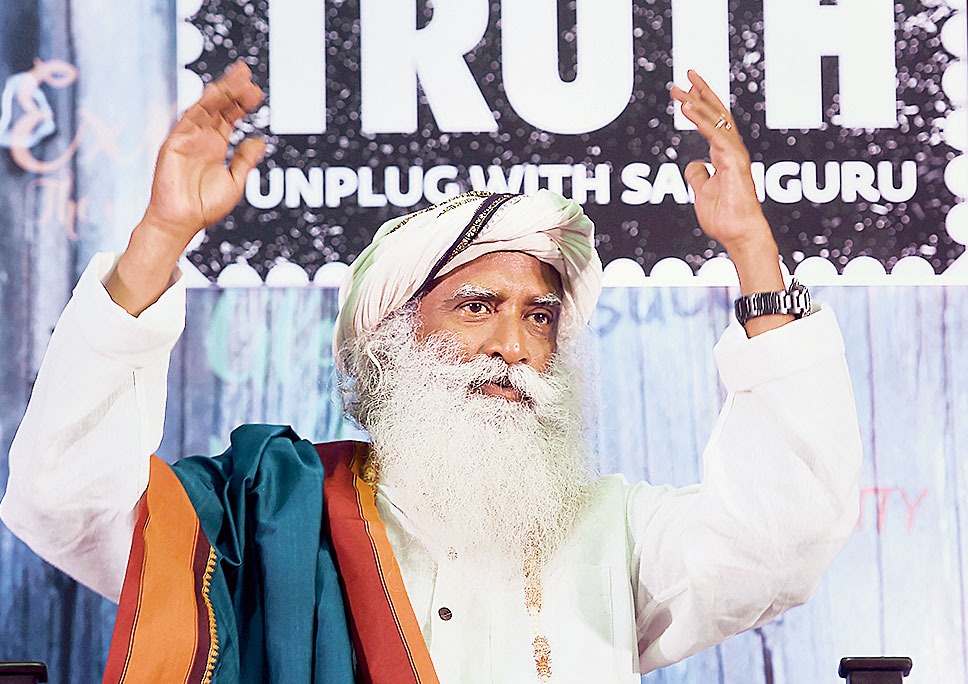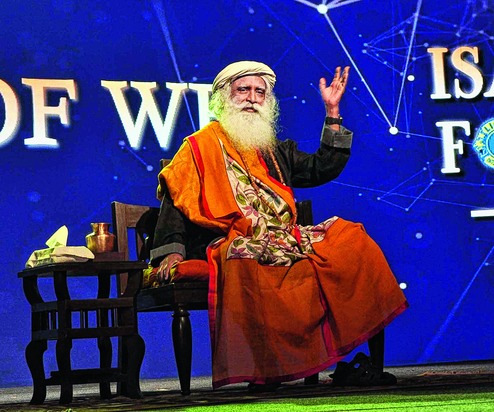People think that if one is free of pain and suffering, if one does not struggle with it, if one does not die suddenly and if one does not die alone but instead is surrounded by loved ones while dying, then it is a good death. On the other hand, they think if someone dies suddenly or violently, then it is a bad death. These considerations are very medical and social. Existentially, they are not very significant.
In India, deaths were classified taking into account deeper and existential factors as to how the death occurred. This is important because it has a considerable impact on what happens after death and what kind of assistance can be provided to the person who has died. Traditionally, in India, people classified deaths as only two kinds— timely death (Su-mrutyu) and untimely death (Akaal Mrutyu). If a yogi left his or her body consciously at the age of thirty, we don’t say it is untimely. It is timely for them because they decide the time.
We call a death untimely when someone has intent to live, that is, they still have Prarabdha Karma to work out, but suddenly something strikes them down and they die. Their body collapsed when the intent was on full scale—this is an untimely death…. Chronological age, whether you are thirty-five or sixty-five or ninety-five years old is not the point. The criterion is that the intent is gone. Then, in terms of life, it is a timely death. I cannot give you an accurate percentage, but I think we can easily say that more than 80 per cent of the people do not die a natural death or a timely death any more. Their death is unnatural or untimely because they die while their intent is still on. This is unfortunate, and it has a bearing upon how the death happens and what happens after that.
In a natural or timely death, Prarabdha Karma, or the information that runs the life, runs out and life becomes feeble. When the information runs out, life peters out slowly and this is not torturous. This is very beautiful. When your Prarabdha Karma runs out, even if you lived a bad life, the last few moments will become very peaceful, wonderful and perceptive. Suddenly, you will see people become so wise. They are not attached to anything around them; they show an extraordinary sense of maturity— something they failed to show throughout their life. This is because it is a natural death. Natural death is not a bad death. It is a good thing for you and a good thing for those you are leaving behind because you are not being forced out of your body….
Sadhguru Jaggi Vasudev is a spiritual guru with a huge retinue of followers who look up to him for life lessons and guidance on their everyday way of living. In his latest book, Death: An Inside Story, Sadhguru goes one step further and tackles the ultimate, dark fate that awaits every human being: death. Building on the subject, Sadhguru talks about different types of death, starting with the first basic division: timely and untimely death and, “the transcendence of the cycle of birth and death.”
Sadhguru attempts to give us all a glimpse into the dark abyss beyond life. Read on:
There is another kind of death, called Iccha Mrutyu (loosely translated as ‘death by choice’), which, in a sense, is not death, but actually the transcendence of the cycle of birth and death. This can happen when a person is into spiritual sadhana and has achieved such a mastery over their energies that they are able to untangle their life energies from the physical body without damaging it…. Such a person becomes truly no more. This is considered the highest kind of death. This is also referred to as Mahasamadhi in the Hindu tradition and Mahaparinirvana in the Buddhist tradition. In English, we simply call it Liberation, meaning one has become free from the very process of life, birth and death….
Predictions of Death
One of the most common questions people have for astrologers and fortune tellers is: ‘How long will I live?’ ‘When will I die?’ If life follows a certain rationale, then is it possible to determine when it will end as well? More precisely, we saw how it is karma, the software of life, that determines the span and the nature of life. So is it possible to somehow read this and be able to predict death?
Now, just as karma is impressed upon your physical body and mental body, it is also impressed upon your energy body. As the allotted karma, or Prarabdha Karma, is reaching completion, the pranic body’s ability to hold on to the physical body recedes…. However, if someone is dying a natural death, then with a little bit of awareness—at least six to eight months in advance—one can clearly see it coming. Actually, many people unknowingly start talking about it. They start making strange statements and behave strangely. This is not out of psychological degeneration; unconsciously they blurt out this and that. Later on, after they are dead, people look back and say that he or she had said this or did something which was indicative that they were aware of their impending death….
Death is not something that will happen suddenly; it builds up over time. Many a time, the body is setting forth the process. The person may not be fully conscious of it—the mind may not be alert enough to grasp it, but the body speaks it in many ways….
So is it possible to predict death? Yes, it is possible, but it is very limited and highly exaggerated. If I see a coconut tree, looking at the age and the health of the coconut tree, I can say when it will first bear flower, when it will bear fruit. I can also foretell approximately when it will die. I can tell you all this right now, but in between now and that time, if you chop the coconut tree down, the prediction becomes false. This is true for human beings too. Whatever the horoscopes say, someone can die just like that. A whole lot of people in the world died yesterday in an accident or from disease or some such thing. Do you think all their horoscopes said they were going to die yesterday? No. They all said ‘long life’, but they died at twenty-five.
Are there some deaths that are good and some others that are bad? You must know that no two people in the world live their lives the same way. They may be siblings, living in the same house and doing the same things, but even then their experience of life will not be the same. Similarly, no two people die the same way. People may die in the same situation, of the same cause, but still they don’t die the same way. Right now, if the sky falls upon us and all of us get crushed under it and die, still, we will not die the same way.
It once happened: a rich man built a big house for his family. It has been a tradition in India that when you build a new house, you want to welcome some sage or saint or yogi to your house… So this man invited a yogi to his house. They welcomed him like a king and did pada pooja and many other poojas…. Then when the time came to leave, the husband and wife bowed down to him, asking for a blessing, as per the tradition. The yogi raised his hand and said, ‘First, may your father die, then you die and then your children die.’ Hearing this, the man became furious. He said, ‘What nonsense! We invited you to our new house, treated you like a king, fed you well and you say that first my father should die, then I should die, then my children should die? What is this rubbish?’ The yogi was shocked, ‘Why, did I say something wrong? Is it not good if your father dies first, then you die and then your children die? That means life will be in its natural cycle. Before your father dies, if you die, that is not good. Before you die, if your children die, that is not good at all. So first your father must die, then you must die, then your children must die.’…

Penguin Random House India
Excerpted from Death: An Inside Story by Sadhguru, with permission from Penguin Random House India












